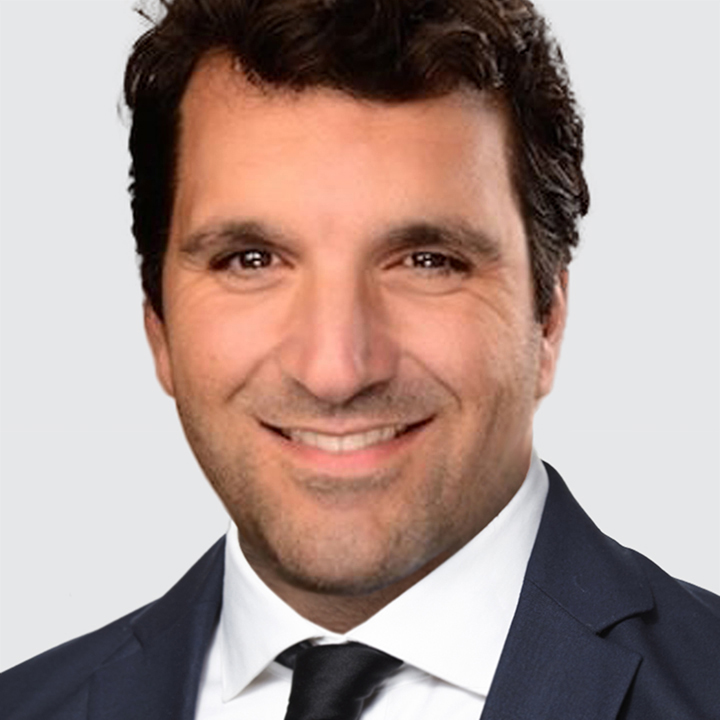“I’m Not Throwing Away My Shot”
- Scott Bessent tapped to lead the US Treasury Department. Dollar down, US stocks up and Treasury yields down.
- Today, Germany’s November IFO index is expected to indicate a sluggish economic outlook.
- This week’s highlights: FOMC November meeting minutes, US PCE, RBNZ decision, and Eurozone CPI. More details in our Drivers for the Week Ahead.
USD kicked-off the week lower against all major currencies. S&P500 futures are up, 10-year Treasury yields are down near 4.34% vs 4.42% Friday, and crude oil future prices are on the backfoot. Financial markets are digesting US President-elect Donald Trump’s Treasury Secretary pick, announced last Friday after markets closed.
Scott Bessent, Trump’s early favorite, was selected as Treasury Secretary. Following his nomination, Bessent said his policy priority will be to deliver on Trump's tax-cut plans, enacting tariffs, and cutting spending. Bessent also said he will be “maintaining the status of the dollar as the world's reserve currency.” In past interviews, Bessent noted “the reserve currency can go up and down based on the market. I believe that if you have good economic policies, you’re naturally going to have a strong dollar.” Bessent has also advised Trump to pursue a “three arrow” economic policy: (i) cutting the budget deficit to 3% of GDP by 2028, (ii) GDP growth of 3% (iii) producing an additional 3 million barrels/day of oil or its equivalent.
However, Bessent’s recent comments on the Fed are a red flag. In an October interview, Bessent called for the appointment of a shadow Fed chair before Chair Jay Powell’s term ends in May 2026. According to Bessent “you could do the earliest Fed nomination and create a shadow Fed chair. And based on the concept of forward guidance, no one is really going to care what Jerome Powell has to say anymore.”
In a follow-up interview, Bessent clarified “if you believe forward guidance is good, why can’t you give forward guidance on who the Fed chair is going to be. You could do one of two things: The current Fed chair could be reappointed, so you’ve created a path there. Or the new Fed chair nominee would give forward guidance beyond the current Fed chair’s sell-by date.”
Regardless, the fundamental USD uptrend is intact. First, the US economy is in a sweet spot and outperforming other advanced economies. Second, the prospect for looser fiscal policy under a Trump administration will force the Fed to keep policy restrictive for longer. Third, expectations for a lower US corporate tax rate and a wave of deregulation should boost foreign portfolio and FDI flows to the US. Fourth, the favorable US productivity landscape will lead to low inflationary economic growth which translates to higher real interest rate.
Second-tier US economic data are released today: October Chicago Fed national activity index (1:30pm London) and November Dallas Fed manufacturing activity index (3:30pm London). There are no scheduled Fed speakers.
EUR/USD is up above 1.0450 following last Friday’s kneejerk drop to a two-year low at 1.0335 on worsening Eurozone economic activity. The German November IFO index is up next (9:00am London). Headline is expected at 86 vs. 86.5 in October. Risks are skewed to the downside as the German composite PMI plunged to a 9-month low at 47.3 in November. Germany remains the weak link in the Eurozone.
GBP/USD recovered back to 1.2600 after testing a six-month low of around 1.2490 last Friday following the poor UK November PMI report. BOE speakers today include Deputy Governor Clare Lombardelli (9:00am London) and staunch dove Swati Dhingra (10:30am London).
NZD ignored the better-than-expected New Zealand Q3 retail sales report. Retail sales ex. inflation fell -0.1% q/q (consensus: -0.5%) vs. -1.2% in Q2. Tax cuts, which took effect July 31, may have offered some support to retail sales activity. The RBNZ is widely expected to slash rates 50bps to 4.25% Wednesday. The swap market is pricing-in 25% probability of a 75bps cut.
USD/CNH corrected lower on broad USD weakness but remains near a multi-month high around 7.2500. As was widely expected, the People’s Bank of China (PBOC) left its 1-year MLF rate steady at 2.0%. We remain skeptical that the stimulus measures announced so far will have much lasting impact on the economy.

